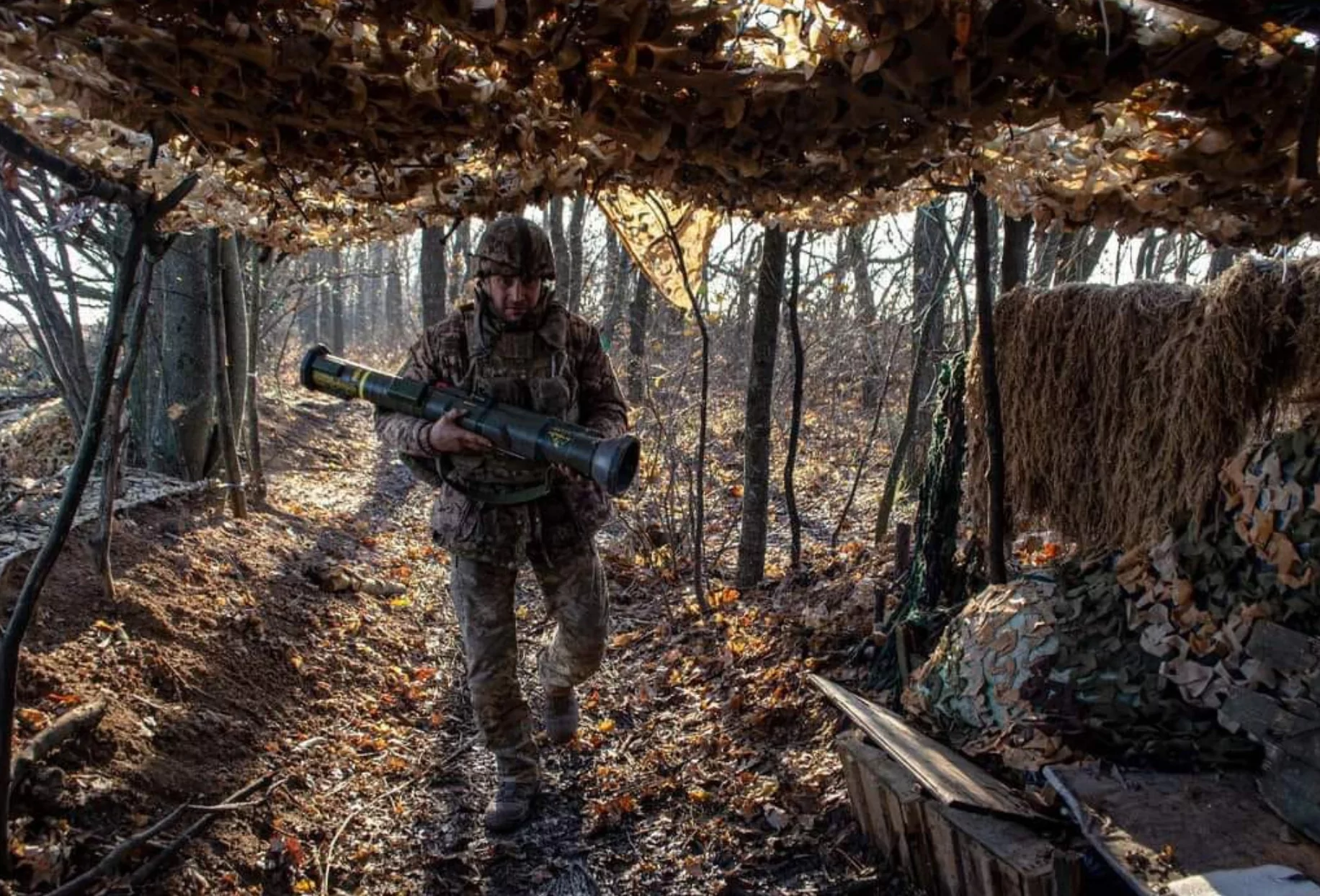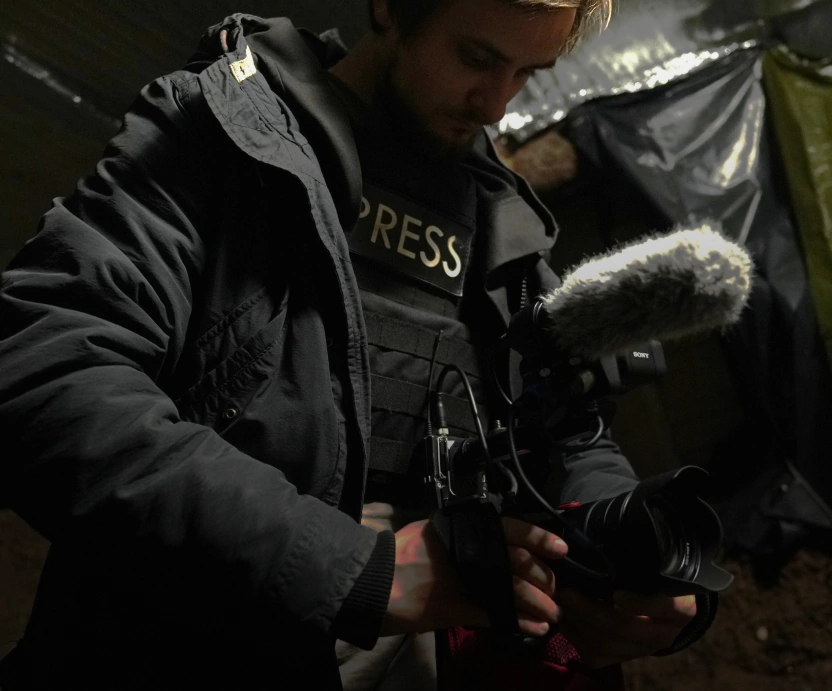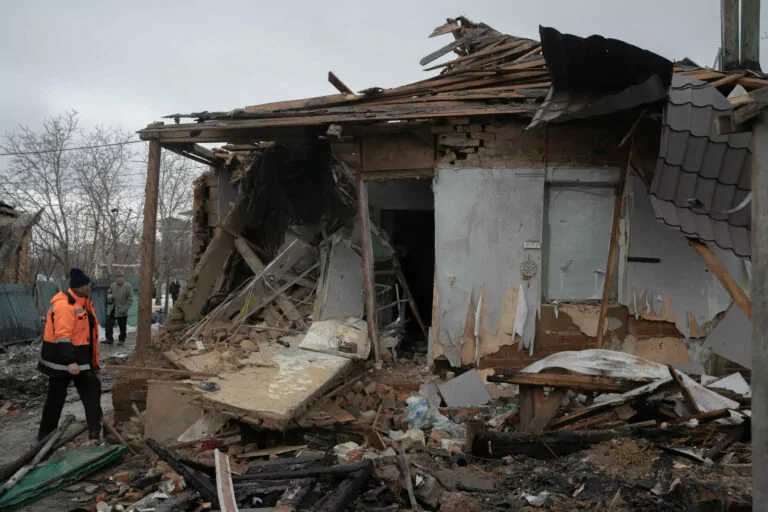Russian authorities continue to lean on long-debunked narratives as part of its wider information operations aimed at discrediting and undermining Western support for Ukraine, ISW reported.
American analysts quote Russian Ambassador to The Hague Vladimir Tarabin, in an interview published on March 25, repeated the Kremlin’s denial that Ukraine is developing biological weapons in US and NATO-funded biolabs in Ukraine.
Tarabin also claimed that Ukrainian forces were “systematically” using a “wide range of toxic chemicals” against Russian troops in unspecified areas of the front, including chemicals banned by the Chemical Weapons Convention (CWC).
His reliance on the already discredited biolabs’ story casts doubt on his other claims. An unnamed Russian company commander also claimed that Ukrainian forces were using phosphorus munitions in unspecified areas of the Zaporizhzhia sector, which are not banned by the CWC in conventional warfare but are prohibited for use against civilians.
Russian army has used white phosphorus against urban areas in Ukraine, risking civilian harm on several occasions. Kremlin officials, including Russian President Vladimir Putin, have been accusing the West of continuing to fund biolabs in Ukraine since before the Russian full-scale invasion of Ukraine.
Western media, officials and international organizations have long debunked this Russian narrative. These statements cannot be compared to Ukrainian and Russian reports of Russian forces using chlorobenzylidene malononitrile (CS) or chloropicrin (PS) gas, which are prohibited by the CWC, ratified by Russia in 1997.
Several Russian and Ukrainian sources provided evidence of the use of such banned chemicals against Ukrainian positions on the battlefield.
More from Gwara
Military analysts: Russian forces are conducting strikes in Ukraine with improved glide bombs. Ukrainian Tavriiskа Group of Forces Spokesperson Captain Dmytro Lykhovyi said on March 10 that the Russian troops struck Myrnohrad, Donetsk Oblast, with three universal interspecific glide munition (UMPB) D-30SN guided glide bombs that the Ukrainian troops initially originally assessed were S-300 missiles.
ISW: North Korea has not transferred weapons to Russia by sea since mid-February 2024. NK Pro, a publication that investigates the situation in North Korea, published a report on February 29, citing satellite imagery that Russian ships involved in the maritime transportation of North Korean munitions and weapons to Russia have not called at the North Korean port of Rajin since February 12.




